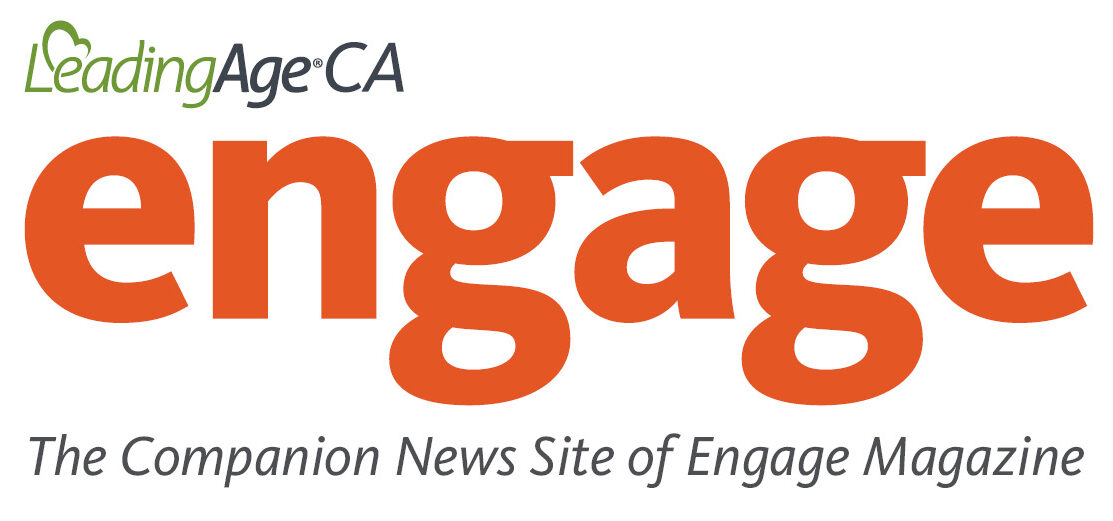By Tuan Nguyen, Vice President, Relation Insurance
Employee productivity is a vital contributor to the success of any business. At times, employees may be too overwhelmed by personal or behavioral problems to perform at their highest levels. Higher stress can lend itself to higher health risks and more costly health claims. Similarly, psychological problems, substance abuse, financial troubles and other personal issues can lead to lower productivity and focus during work, increased absenteeism, and higher health care costs. An employee assistance program (EAP) can address these issues and help employees tend to their personal needs, leaving you with healthier, happier, and more productive employees.
An EAP is an employer-sponsored program that offers services or referrals to help employees deal with personal problems. Traditionally, the focus was drug and alcohol abuse, but many employers have expanded programs to include a variety of issues.
When employees are distracted by stressful personal or life situations, they are unfocused at work and tend to miss work more often. Their health may suffer as a result, leading to higher medical costs. Obviously, these circumstances are undesirable for an employer, but it is costly to recruit and train a replacement for the struggling employee, especially if that individual was formerly, and has the potential to once again be, a valuable asset to the company.
A better solution for many employers is to offer their employees assistance in handling their personal issues in order to improve their situations and regain their former productivity levels and value to the company. EAPs can provide that assistance. Once an EAP is implemented, it can help the employer attract and retain employees, lower health care and disability claims costs, increase productivity and morale, and lower absenteeism.
An EAP can be a powerful tool to help employees feel better and move forward in an increasingly complex world. By focusing on wellbeing – mental, emotional, financial, and social – EAPs provide solutions that inspire employees and their dependents to begin and maintain their own wellbeing journeys. Services generally include counseling, crisis intervention, trainings for personal and professional growth, legal and financial consultations, child and eldercare consultations and referrals, help with substance use, and so much more.
Having an EAP has never been more important than during these uncertain times. History tells us that the emotional impact of disasters outlasts the physical impact, suggesting that today’s elevated emotional health needs will continue well beyond the coronavirus outbreak itself. A recent American Psychological Association report confirms that adults are showing the highest levels of stress since the early days of COVID-19. The pandemic has led to diverse emotional health problems, including anxiety, depression, post-traumatic stress disorder, and other stress-related issues. Other stressors are adding to these emotional burdens, such as social isolation, economic losses, and working from home while caring for children and family members. The mental health impact from this pandemic is reflected in urgent calls to EAPs nationwide from stressed and anxious individuals asking for immediate assistance.
Employers should consult with their employee benefits/health insurance broker to find an EAP service provider that is aligned with their goals and objectives. From there, developing an EAP plan that best meets the needs of their employees and dependents is critical. When selecting an EAP service provider, employers should consider the following factors:
- Years of service, references, and current clients. Do employers with similar workforces recommend the EAP vendor?
- Service location. Will the EAP services be available onsite, offsite or both?
- Ability to provide services to employees in different locations. Can the provider handle clients who are not all in the same geographic area?
- Hours of service. Are services available to employees who work night shifts or unusual hours?
- Scope of services. Does the vendor offer a full range of services, such as stress management, elder care help, substance abuse programs, wellness programs and financial counseling?
- Referrals. Is the vendor able to refer employees to outside resources when the employees need more or different help than the EAP alone provides?
- Follow-up services. Is there a process for tracking clients’ progress and ensuring they continue to get the help they need?
- Credentials and training. Can the EAP provider show that its professional employees are trained and that they hold appropriate and updated credentials?
When life struggles such as these interfere with an employee’s productivity and job responsibilities, having access to a company-sponsored Employee Assistance Program can help them cope and get back on track.
Visit Relation Insurance at relationinsurance.com




